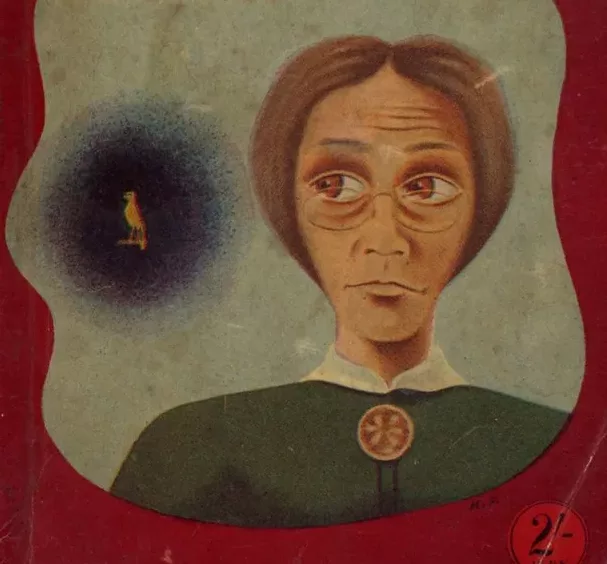Rating: 3/5
Oxford is no stranger to culture wars. We know how little provocation such wars require, so it’s unsurprising that the BBC’s latest Agatha Christie series, Murder is Easy, has managed within a week of its release to precipitate a full-scale conflict. Director Meenu Gaur’s decision to replace the retired policeman of the novel with a Windrush-generation civil servant has been variously praised (The Guardian) and denounced (The Telegraph) by all the usual suspects.
In 2024 — uncannily like in 1914 — the main causes of the Great War appear to be: militarism (“woke militance”); alliances (the BBC is said to be allied with the “woke mob”); imperialism (Gaur called the show “an allegorical story about colonialism”); and nationalism (the Daily Mail’s review complained that “nostalgia for Agatha Christie’s Britain… [is] a thought crime”). Art is rarely separable from politics, and it’s quite clear that Murder is Easy’s fiercest critics and admirers are reacting to its sociopolitical stance rather than to its value as a TV show, which deserves to be examined in its own right.
Now, the aim of a detective story is to please. It must provide a puzzle; it must provide a solution; the author or director may embellish this basic framework with comedy, drama, romance, politics or anything else, but should never waver from the central focus of puzzle and solution, because then it would no longer be a detective story. Agatha Christie understood this, and, when you look closely enough, so does the BBC.
The plot isn’t one of Christie’s best (but then, anything would pale beside And Then There Were None or Roger Ackroyd) and it hasn’t translated exceptionally well onto the screen. Quite often it feels convoluted and drawn-out, and it could certainly have been compressed from two episodes into one. Yet the only real test of a detective plot is the solution: is it surprising and does it feel earned? The solution here ticks both boxes and, for that satisfaction alone, the series is worth watching.
Even if, during one of those dullish few minutes in the middle where nobody’s getting murdered, the plot fails to please, the cast and direction sustain the interest. Christie’s distinct period flavour is reinforced by regular drone shots of a green and pleasant land, country houses, costumes, slick cars and references to “before the war”.
Then there is the cast. The lead role is played by David Jonsson, who, whether strolling through London or playing on the village sports field, has a solid screen presence. If ever he comes across as bland, that is through no fault of his own but is instead owing to the dryness of the script. Jonsson also shares an obvious chemistry with his fellow investigator, the “averagely observant secretary” Morfydd Clark. Above all, what they have in common is an ability to wear period dress instead of being worn by it.
Penelope Wilton’s role at the start is initially promising, but she is promptly bumped off and confirmed as a cameo rather than a character. Tom Riley’s Lord Whitfield belongs recognisably to a now-obsolete “type” – the grand rich host of the country-house dinner – and he carries this off with enough of the right accent and mannerisms to be convincing. The best performance, though, comes from Matthew Baynton (fresh from his address at the Oxford Union). He is as charismatic and wild-eyed here as he was in his Horrible Histories days, if slightly more subdued, and his role as a eugenicist doctor is one of the show’s highlights.
Murder is Easy is, on the whole, not the best Agatha Christie adaptation. Nowhere does it match the quick pace, witty script and characters, or deft direction of last year’s Why Didn’t They Ask Evans. Then again, there have certainly been worse adaptations. On Friday evening, in the empty few hours between the end of collections and the start of the Bop, this new show is an easy enough way to pass the time.


